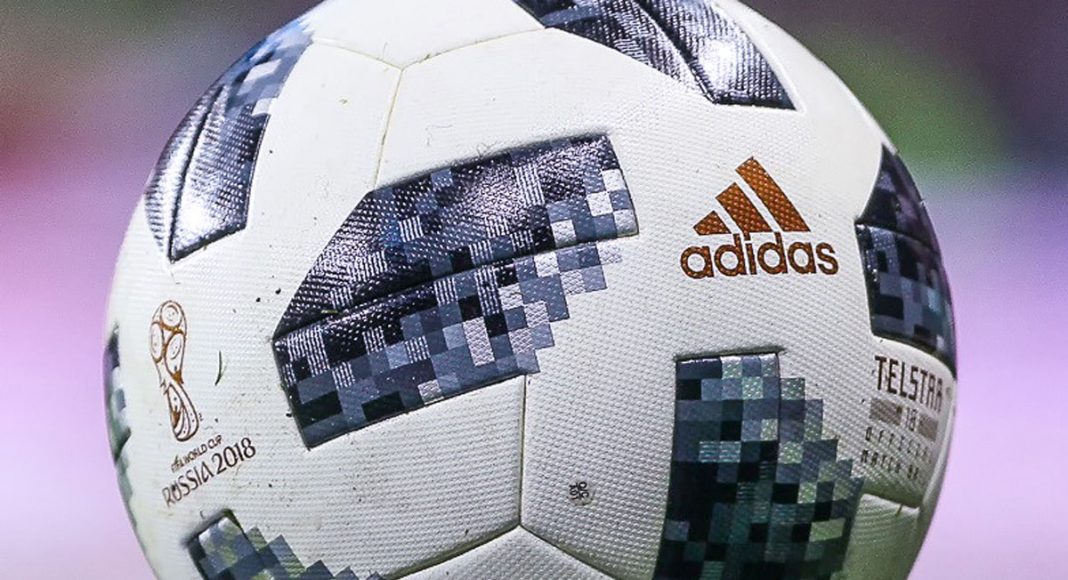If you’re a soccer fan, you know that when your team wins, you also feel like a winner. But while fandom is good, creating a sense of belonging, camaraderie, and a spike in mental well-being, World Cup is another animal.
Newsweek reports that this international event is “especially impactful” because of it’s size, where the team is basically a stand-in for the country it represents, which can boost a fan’s national identity, according to Susan Whitbourne, a psychological and brain sciences professor at University of Massachusetts, Amherst.
-
Related Story: Meme Of The Week: World Cup Edition
“The emotional boost really can’t be overemphasized,” she told Newsweek. “I feel that [national identification] can really enhance a person’s overall well-being.”
But in the case of “superfans,” their reliance on a team for their self worth can interfere with their everyday life. There’s a condition specifically related to sports fans called deindividuation, that is basically a crowd mentality. There are things you’d do when you’re just another face in a sea of people that you’d never do solo. And that can lead to obnoxious behavior (you know who you are).
Whitbourne tells Newsweek:
It’s enjoyable, fun, exciting, stimulating, but when it starts to bleed into your relationships or makes you unable to work or concentrate then yes, I think it’s time to take a break. It can enhance your identity, but when it starts to crowd out other aspects of identity, that’s when it starts to turn the corner a bit.
And if you’re super into soccer, it can actually hurt your health. According to Newsweek, cardiac emergencies in men tripled during the 2006 World Cup, and nearly half of those 9-1-1 calls corresponded to the day the patients’ favorite teams played.
Now, for the good news. Dopamine, that adrenaline precursor, is prevalent during positive outcomes and, according to Whitbourne, the occasional dose of adrenaline can “add some spice” to the lives of sports fans. But you already knew that.


